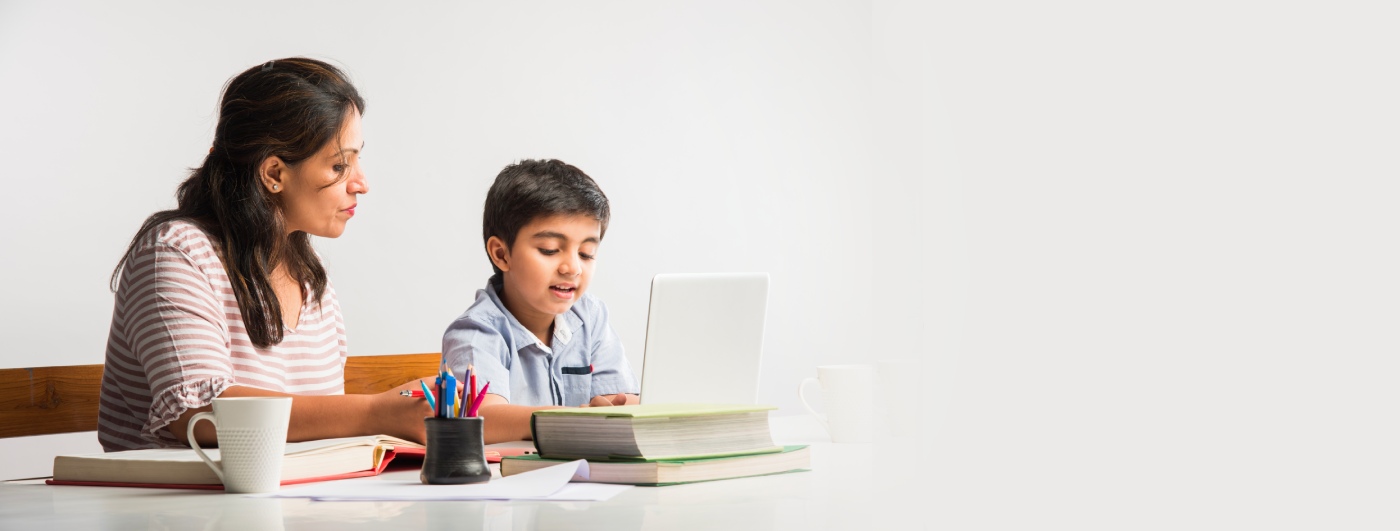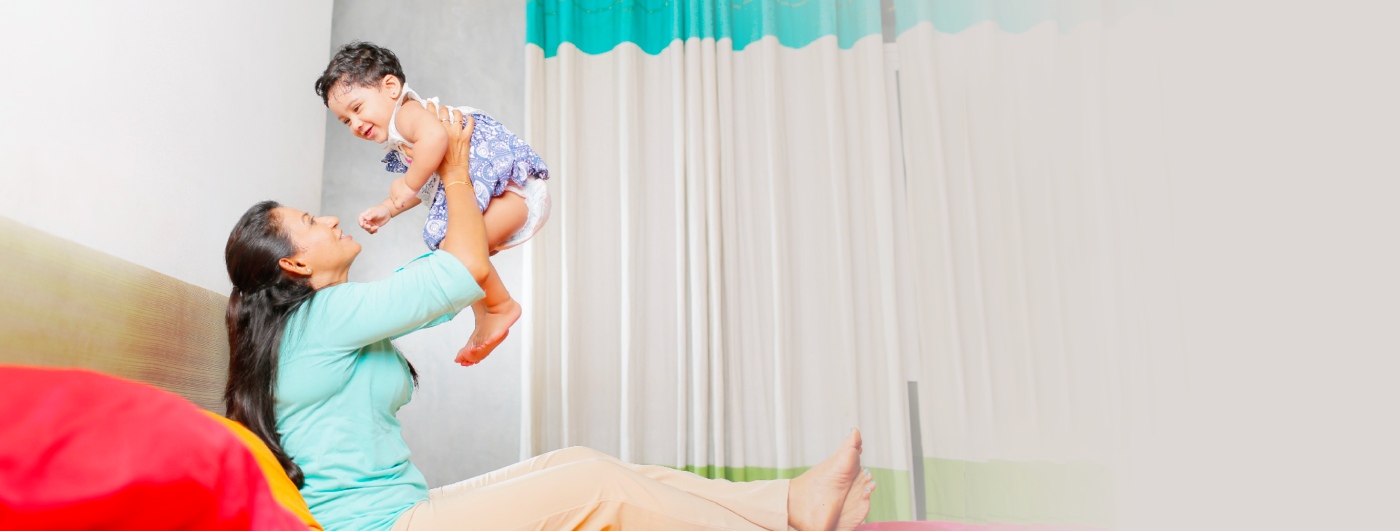























Your Parenting Toolkit

Dinusha Manjarie Wickremesekera
Our children don’t come with a parenting manual. And even when reading parenting books, it is good to keep in mind that:
- What is in the book is going to be very helpful but you are going to have to play it by ear with your own child because
- Every child is unique on both biological and psychological levels. Social interactions and experiences continue to define and redefine the uniqueness of each child as they learn to respond and understand they response are receiving.
This is the case for you as a parent also. You have your own ideas, values and what you are used to and as you continue to become more aware of different approaches you will also be assessing whether the particular approach is appropriate for you. That you do this, is a strong point of honoring the parent you are and will be.
 At an early age, children give us a peek into their personality with their limited range of expression. As children grow older and develop on a physical, cognitive and social, the level of interaction will increase and you will begin to get to know your child’s personality more clearly. Now, remember that change is a constant and that is why we socialize or help a child to understand how to behave and how to think, or parent.
At an early age, children give us a peek into their personality with their limited range of expression. As children grow older and develop on a physical, cognitive and social, the level of interaction will increase and you will begin to get to know your child’s personality more clearly. Now, remember that change is a constant and that is why we socialize or help a child to understand how to behave and how to think, or parent.
There are different parenting approaches – the mindful parent, the good enough parent, the authoritarian parent, the authoritative parent and the laissez-faire parent are some. Each of these has interesting techniques that parents can put together into a personal parenting toolkit to draw from.
Authoritative parents set clear rules and boundaries and enforce the rules consistently. This means that there is good communication with children – both listening and speaking. This is definitely a must have in your parenting tool kit. Children grow up to be respectful and cooperative and most significantly are able to face peer pressure.
Authoritarian parents are more flexible and most significantly stay calm in the face of trouble, and talk through solutions that would get them to the same unwavering goal. For example, eat vegetables means eat vegetables not anything different but parents would take the time to understand why the child is reluctant to eat. More attention, nurturing with calmness, means that the bond between parent and child is very secure. A secure attachment from a young age means that as an adult your child will have sound relationships, and also good coping skills.
The freedom that laissez-faire or permissive parenting style allows that children learn by doing, giving them the space to explore. The best part of this is that children grow up to be confident and have good self-esteem and take risks which is needed in life sometimes.
The good enough parent doesn’t aim for perfection. This parent tries to be comfortable and enjoy being a parent – and children learn that it is okay to be, without being the best. The mindful parent, parents with awareness and without judgement helping children increase their awareness s and ability to regulate their emotions, and emphasis kindness.
Now each of these parenting techniques has some aspects that can be negative as well – but you don’t need to be classified into a box. What you can do is give the best of yourself to your child, and help him/her to communicate – both listening and expression. Have a good toolkit of techniques to help you and know your child and what works best – and select your tools carefully.
Tip: As a parent, you are a caregiver, hug provider, disciplinarian, source of love, pain and hurt etc. A parent experiences the same gamut of feelings and emotions. Create your own parenting toolkit of techniques to choose from and use judiciously will make things better for you as your child grows up, and better yet for adult you are nurturing.
Share With:
Recommended Articles


Self-Care FOR Better Care
Time is indeed the most precious resource for any mom. The resource that never seems enough yet challenges you to play several roles with your children and ...
Read More

Online Schools: An New Window to how your child sees the World
At 3 years a child starts going to Montessori. A few hours a day away from home to begin with but then once in school, more and more time is spent away from hom...
Read More

The Importance of Parental Well-being
To better understand parental wellbeing, it is important to understand wellbeing first. If we were to consider quality of life as a spectrum, well-being w...
Read More